
In an era where technology continues to redefine the boundaries of human existence, the ethical implications of robotics in modern warfare and job markets demand our attention.
As we witness the rise of autonomous weapons and the increasing automation of various industries, it becomes crucial to explore the moral dilemmas surrounding these advancements.
This article delves into the complex web of ethics, accountability, and societal consequences that arise from integrating robots into warfare and job markets.
By examining these issues through an analytical lens, we aim to shed light on the multifaceted challenges that lie ahead.
Key Takeaways
- Robotics warfare poses significant ethical concerns, including potential harm to civilians, violation of principles of proportionality and distinction, and lack of human judgement and empathy in decision-making.
- Automation in job markets has implications such as changes in employment patterns and skill requirements, job displacement and income inequality, and the growing demand for advanced skills.
- Skills needed for automation include adaptability to new technologies, technological proficiency in operating automated systems, and continuous learning to stay relevant in the workforce.
- Accountability and responsibility in robotics are complex issues, including determining liability for harm caused by robots, balancing accountability while acknowledging the unique capabilities and limitations of autonomous robots, and ensuring transparency and understandability of robot decision-making processes.
The Role of Robots in Modern Warfare: Ethical Concerns
The use of robots in modern warfare raises significant ethical concerns regarding their potential to indiscriminately harm civilians and violate principles of proportionality and distinction.
While proponents argue that robots can reduce military casualties by replacing human soldiers, critics worry about the lack of human judgement and empathy in decision-making processes.
The deployment of autonomous weapons systems also poses challenges to the principles of proportionality, as robots may not be able to accurately assess the level of force necessary for a given situation.
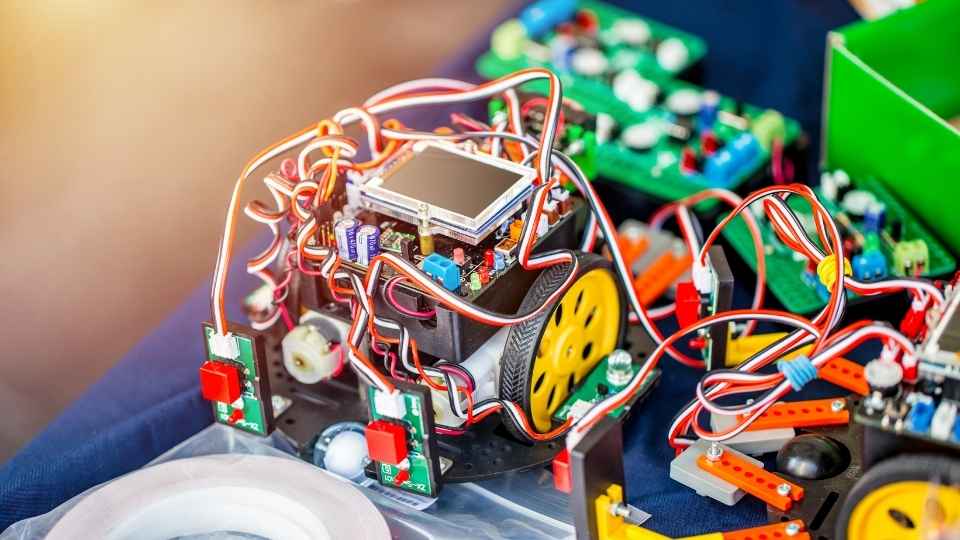
Additionally, the ability of robots to distinguish between combatants and non-combatants is a complex issue that requires careful consideration.
As technology advances, ensuring that robots adhere to ethical guidelines becomes increasingly crucial to prevent unnecessary harm and preserve fundamental freedoms in conflict situations.
Job Displacement and Automation: Implications for the Workforce
The increasing integration of automation in various industries has raised concerns about job displacement and its implications for the workforce. As more tasks become automated, there is a potential for significant changes in employment patterns and skill requirements.
This transition brings economic impacts and necessitates a reevaluation of the skills needed to thrive in an automated work environment.
Economic Impact of Automation
Automation in the job market has raised concerns about its potential economic impact. As technology advances and automation becomes more prevalent, it is crucial to analyze the implications it may have on our economy. Here are three key points to consider:
Job displacement: Automation can lead to a decline in certain types of jobs, particularly those that involve repetitive tasks or manual labor. This could result in unemployment and income inequality if not properly managed.
Skill shift: With automation taking over routine tasks, there will be a growing demand for workers with advanced skills such as critical thinking, problem-solving, and creativity. The workforce needs to adapt by acquiring these new skills to remain relevant and competitive.
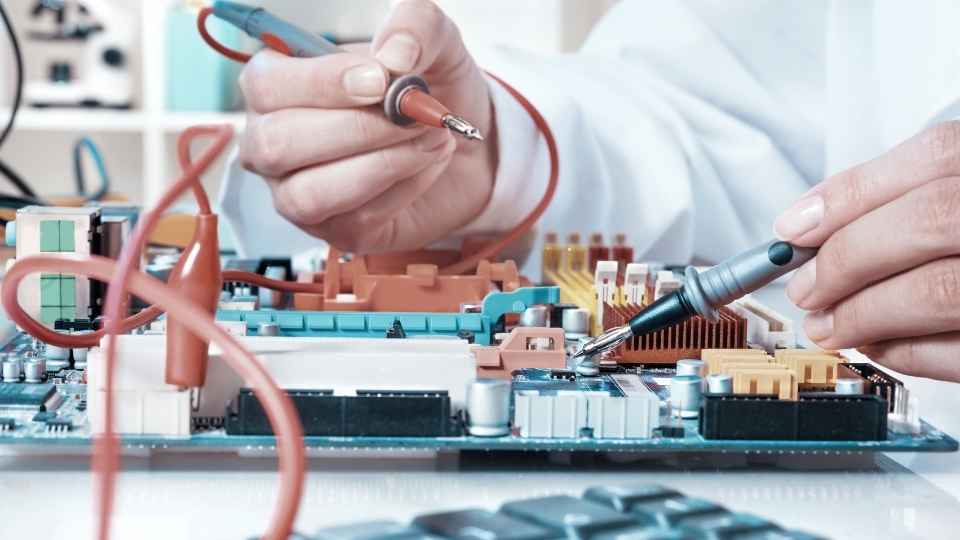
Economic growth potential: While there are concerns about job loss, automation also has the potential to drive economic growth through increased productivity and efficiency. It can free up human resources for more strategic roles, leading to innovation and expansion.
Understanding the economic impact of automation is essential for policymakers and individuals alike as we navigate this evolving landscape.
Transitioning into the subsequent section about 'skills needed for automation,' let's explore how individuals can prepare themselves for these shifts in the job market.
Skills Needed for Automation
To thrive in an increasingly automated world, individuals must develop a diverse set of skills that encompass adaptability, technological proficiency, and continuous learning.
Automation is rapidly transforming industries and job markets, making it essential for workers to possess the ability to adapt to new technologies and processes. A foundational skill required for automation is technological proficiency, which includes understanding and operating various automated systems.
Additionally, adaptability is crucial as automation continues to evolve and disrupt traditional work environments. Workers need to be able to pivot their skills and knowledge towards emerging opportunities created by automation.
Continuous learning is also vital as technology advances at a rapid pace; individuals must stay updated with the latest trends and developments in order to remain relevant in the workforce.
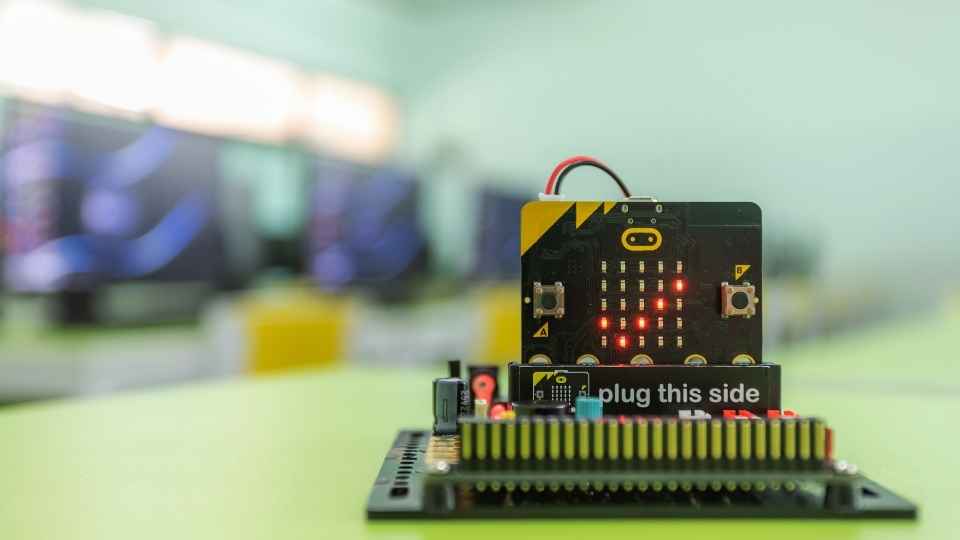
Ethics of Autonomous Weapons: The Dilemma of Decision-Making
Autonomous weapons present a complex ethical dilemma due to the challenging issue of decision-making in combat scenarios. As technology advances, the development and deployment of autonomous weapons raise several ethical concerns that need to be addressed.
Lack of Human Accountability: The use of autonomous weapons removes human responsibility and accountability from the decision-making process, potentially leading to unintended consequences and violations of international humanitarian laws.
Target Discrimination: Autonomous weapons may struggle with distinguishing between legitimate targets and innocent civilians, increasing the risk of civilian casualties and violating principles of proportionality.
Loss of Control: Once deployed, autonomous weapons operate independently without direct human supervision or intervention. This lack of control raises concerns about potential misuse or malfunctioning that could result in catastrophic outcomes.
The ethical implications surrounding autonomous weapons require careful consideration to ensure their deployment aligns with fundamental values such as freedom, justice, and respect for human life.
Accountability and Responsibility: Who Is Liable for Robot Actions
As the use of robots and autonomous systems becomes more prevalent in various domains, questions surrounding accountability and responsibility for their actions arise. Determining who should be held liable when a robot causes harm is a complex issue that requires careful consideration.
Traditionally, legal systems attribute liability to human actors based on their intentions or negligence. However, with the advent of advanced robotics and artificial intelligence, the line between human agency and machine autonomy becomes blurred. Should we hold the developers responsible for creating these robots? Or should we shift the blame onto the operators who control them?
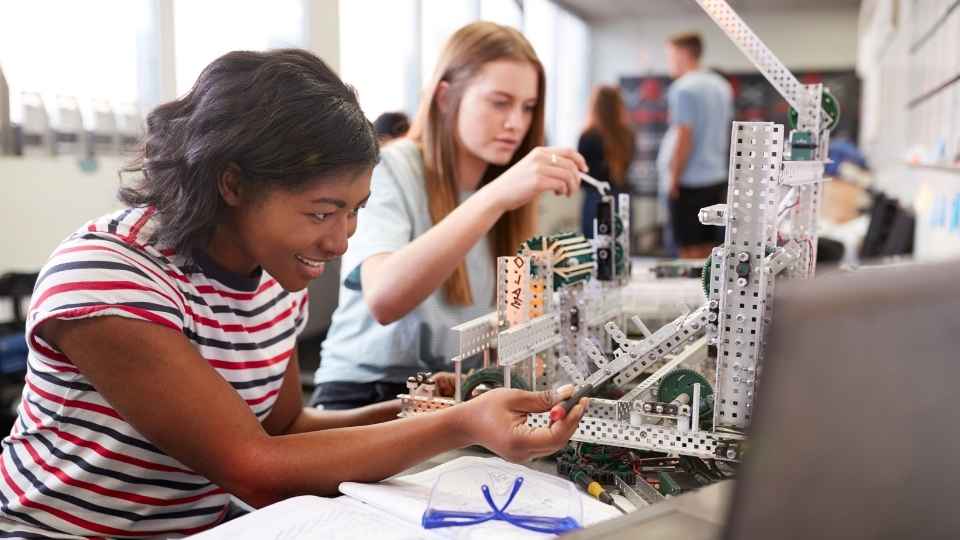
Furthermore, if a robot makes an autonomous decision that results in harm, who should bear the burden of accountability? Is it fair to punish individuals for actions taken by machines they may not fully understand or have direct control over?
These questions challenge our existing legal frameworks and demand new ethical considerations as society grapples with defining accountability in an increasingly automated world. Finding a balance between holding individuals accountable while acknowledging the unique capabilities and limitations of autonomous robots will be crucial for ensuring justice and maintaining freedom in this rapidly advancing technological landscape.
Ensuring Ethical Design and Programming of Military Robots
As the use of military robots becomes more prevalent, it is crucial to ensure that their design and programming adhere to ethical standards. The development of these technologies must prioritize accountability and responsibility for robot decision-making.
Additionally, the potential ethical implications arising from the autonomy of military robots need to be carefully considered and addressed to prevent unintended consequences.
Robot Decision-Making Accountability
Robot decision-making accountability is a pressing concern in the ethical discourse surrounding robots' involvement in modern warfare and job markets. As AI-powered robots become more autonomous, questions arise regarding who should be held responsible for their actions and decisions. Here are three key considerations:
Transparency: It is crucial to ensure that the decision-making processes of robots are transparent and understandable. This will allow for accountability and enable humans to intervene or override decisions when necessary.
Liability: Clarifying legal frameworks around liability is essential. If a robot causes harm or makes unethical decisions, it's important to establish who should be held accountable - the manufacturer, programmer, operator, or all of them.
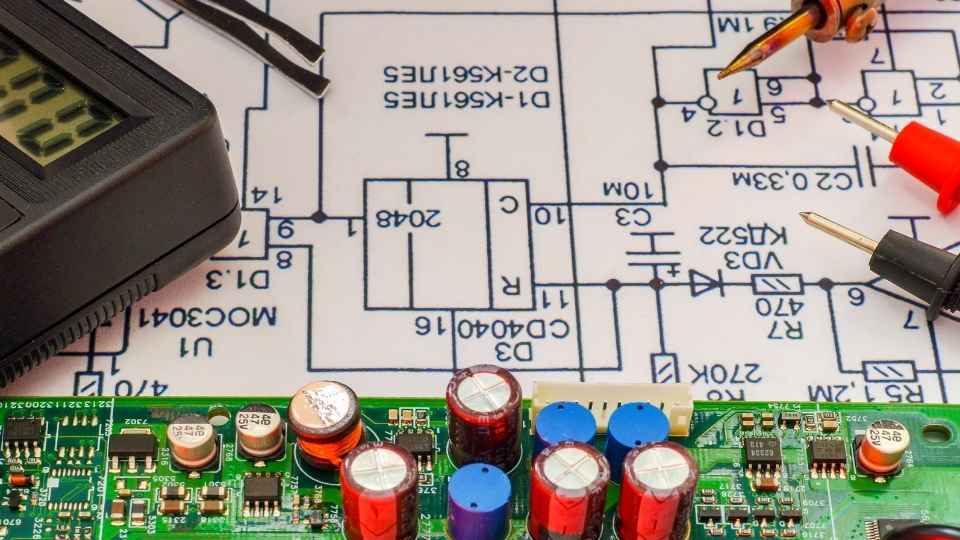
Ethical guidelines: Developing clear ethical guidelines for robot decision-making is imperative. These guidelines should reflect societal values and ensure that robots prioritize human well-being, fairness, and justice.
Addressing these considerations will help establish a framework of accountability that ensures the responsible use of robotic technologies in warfare and job markets while safeguarding individual freedoms.
Ethical Implications of Autonomy
As we delve into the ethical implications of autonomy in robotics, it is important to critically assess the potential consequences that arise from granting robots increased independence. While autonomy brings numerous benefits such as improved efficiency and reduced human error, it also raises serious concerns regarding accountability and control.
The freedom granted to autonomous robots necessitates a careful evaluation of their decision-making capabilities and the potential for unintended actions or harm. Issues pertaining to legal responsibility emerge when considering who should be held accountable for the actions of autonomous robots, especially in situations where there are no clear guidelines or regulations in place.
Furthermore, the ethical implications extend beyond just legal accountability; they touch upon societal values and norms surrounding individual freedoms. Striking a balance between granting autonomy to robots and ensuring necessary safeguards is essential to navigate this complex terrain ethically.
The Impact of Robotics on Job Markets: Social and Economic Consequences
The integration of advanced automation systems in various industries has led to significant shifts in job markets, resulting in both social and economic consequences. The rise of robotics and artificial intelligence has transformed traditional labor practices, leading to the displacement of workers and a reconfiguration of job roles.
This technological advancement has brought about several key implications:
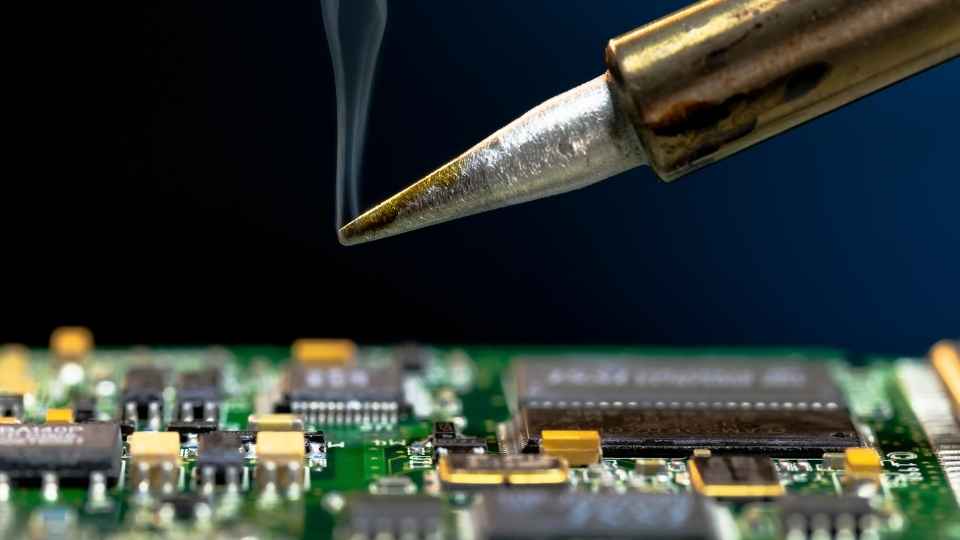
Job loss: Automation has the potential to replace human workers in tasks that can be performed more efficiently by machines. This can lead to unemployment and income inequality.
Skill requirements: With the increasing use of robotics, there is a growing demand for highly skilled workers who can operate, maintain, and program these systems.
Economic restructuring: As certain jobs become obsolete, new industries emerge, requiring different skill sets. This requires individuals to adapt and acquire new skills.
As technology continues to advance at a rapid pace, it is vital for societies to address the social and economic challenges posed by robotics in order to ensure freedom and equality for all individuals impacted by these changes.
Ethical Boundaries in Human-Robot Interactions: Rights and Privacy Concerns
In the realm of human-robot interactions, it is crucial to consider the boundaries that must be established to safeguard individual rights and privacy. As robots become more integrated into various aspects of our lives, from healthcare to household chores, concerns about potential infringements on personal freedoms arise. Ethical considerations need to be at the forefront of designing and implementing these technologies.
One of the primary concerns regarding human-robot interactions is the invasion of privacy. Robots equipped with cameras and sensors can collect vast amounts of data about individuals without their explicit consent. This raises questions about who has access to this information and how it may be used or misused.
Additionally, there is a need to establish clear guidelines for robot behavior in order to respect individual rights. For example, robots should not be programmed to discriminate against certain groups or engage in harmful actions towards humans.
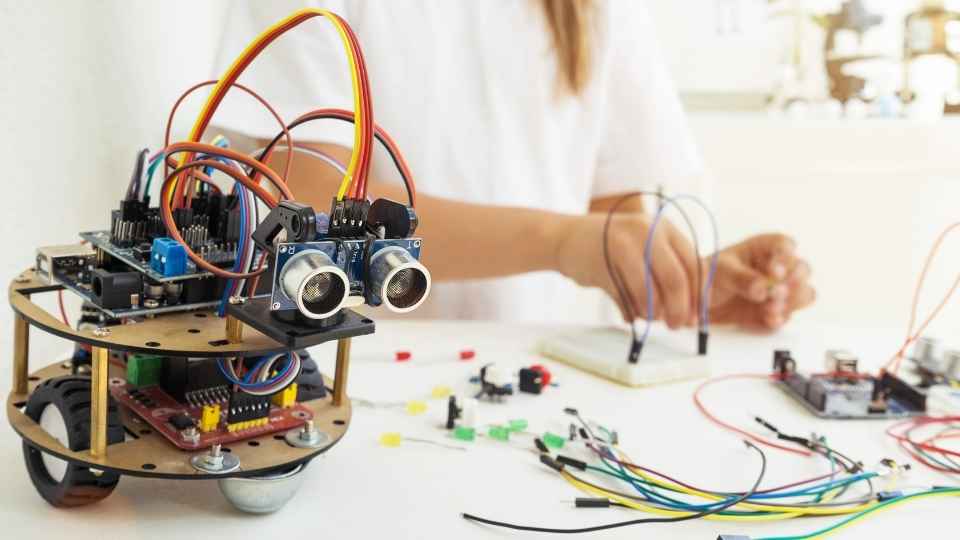
Establishing ethical boundaries in human-robot interactions is essential for ensuring that individuals' rights and privacy are protected. It requires careful consideration and collaboration between technology developers, policymakers, and ethicists to strike a balance between innovation and preserving fundamental freedoms in a world increasingly influenced by robotics.
Frequently Asked Questions
How Do Robots in Modern Warfare Affect the Safety and Well-Being of Soldiers on the Battlefield?
Robots in modern warfare have both positive and negative effects on the safety and well-being of soldiers. While they can reduce casualties by performing dangerous tasks, concerns arise about reliance on technology and potential dehumanization of warfare.
What Are the Potential Ethical Consequences of Job Displacement Caused by Automation and Robotics?
The potential ethical consequences of job displacement caused by automation and robotics are multifaceted. They include economic inequality, loss of livelihoods, psychological distress, and social unrest. These issues must be carefully considered and addressed to ensure a fair and just transition to a new era of work.
How Do Autonomous Weapons Navigate the Ethical Dilemma of Decision-Making, Especially in Complex and Unpredictable Situations?
Autonomous weapons face a significant ethical dilemma when it comes to decision-making in complex and unpredictable situations. Navigating this challenge requires careful consideration of the potential consequences and an adherence to ethical principles that prioritize human safety and well-being.
Who Should Be Held Accountable and Responsible for Any Wrongful Actions or Harm Caused by Robots in Warfare?
In determining accountability for wrongful actions or harm caused by robots in warfare, it is crucial to consider the legal and ethical frameworks surrounding responsibility. This requires a comprehensive analysis of factors such as programming, decision-making algorithms, and human oversight.
What Measures Are in Place to Ensure the Ethical Design and Programming of Military Robots, and How Can We Prevent Misuse or Unethical Behavior?
To ensure the ethical design and programming of military robots, measures such as international agreements, regulations, and guidelines are in place. These aim to prevent misuse or unethical behavior through strict oversight and accountability mechanisms.
 Basic Electronics ConceptsEssential ToolsCircuit Design BasicsMicrocontrollersDIY Electronics ProjectsRoboticsPrivacy PolicyTerms And Conditions
Basic Electronics ConceptsEssential ToolsCircuit Design BasicsMicrocontrollersDIY Electronics ProjectsRoboticsPrivacy PolicyTerms And Conditions
